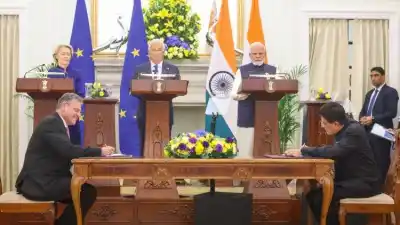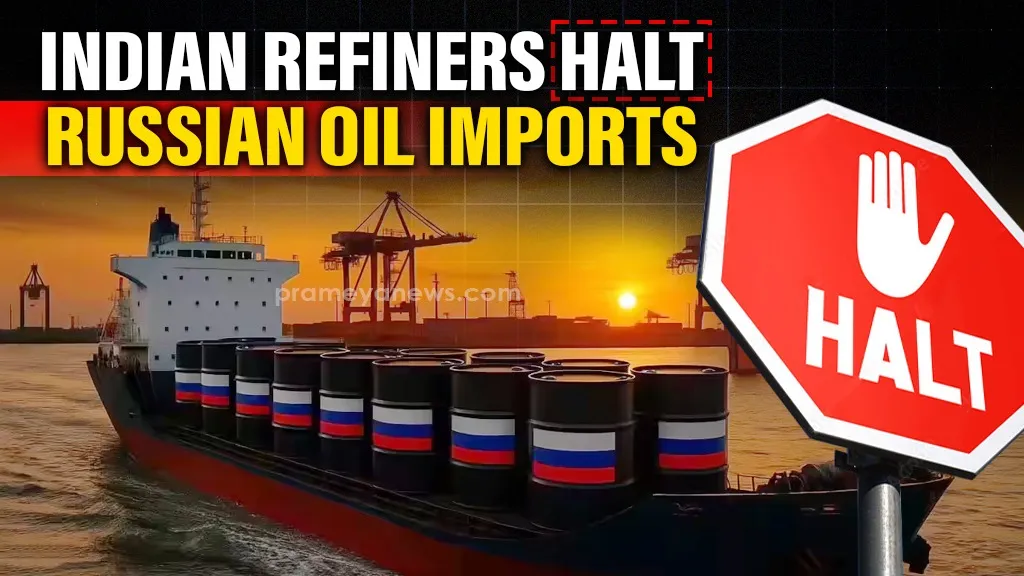

Refiners Pivot to Spot Market Amid Disruption
Mounting pressure from United States sanctions has forced a sudden halt in India's acquisition of Russian crude oil. Refineries across the country have suspended new purchase agreements, casting a shadow of uncertainty over a vital energy partnership and forcing a scramble for alternative supplies amid concerns over financial repercussions.
Indian refineries have abruptly suspended new crude oil purchases from Russia, responding to intensified sanctions from the United States targeting Moscow's primary energy producers. This move introduces significant uncertainty into a crucial energy trade relationship, compelling Indian buyers to navigate complex financial and logistical challenges.
The core of the issue stems from recently expanded US sanctions against Rosneft and Lukoil, Russia’s two largest oil firms. These measures have created a climate of caution among Indian refiners, who are now concerned that payments for Russian crude could be blocked or frozen. Financial institutions are reportedly unwilling to process transactions involving entities under sanction, leading to the cancellation of several planned shipments.
In response to the disruption, major players in India's energy sector are adjusting their procurement strategies. State-owned Indian Oil Corporation (IOC) has already issued a new tender for crude oil on the open market. Similarly, Reliance Industries, the nation's largest private refiner and a significant buyer of Russian crude since 2022, is increasing its purchases from the spot market to cover immediate needs. A senior executive from one refinery confirmed that fresh orders are on hold until the Indian government and Russian suppliers provide clear guidance on secure payment channels and intermediaries.
This pause marks a pivotal moment in the robust energy partnership that developed between the two nations following the conflict in Ukraine. In the first nine months of 2025, India imported an average of 1.9 million barrels per day of Russian oil, which accounted for approximately 40% of Russia's total crude exports, according to data from the International Energy Agency.
However, the flow of Russian crude to India was already showing signs of slowing even before the latest sanctions. Between April and September, imports had decreased by 8.4% compared to the previous year. This decline was attributed to tightening global supplies and reduced price discounts offered by Russian sellers, prompting Indian refiners to increase their intake from traditional suppliers in the Middle East and the United States. The new sanctions now threaten to accelerate this downturn, forcing a strategic reassessment of India's energy import portfolio.